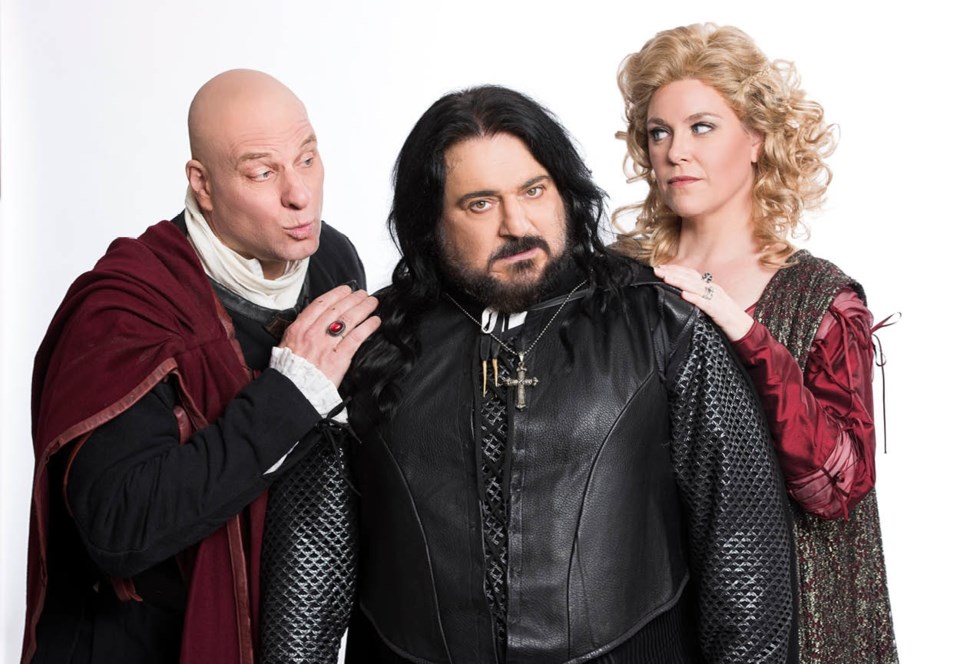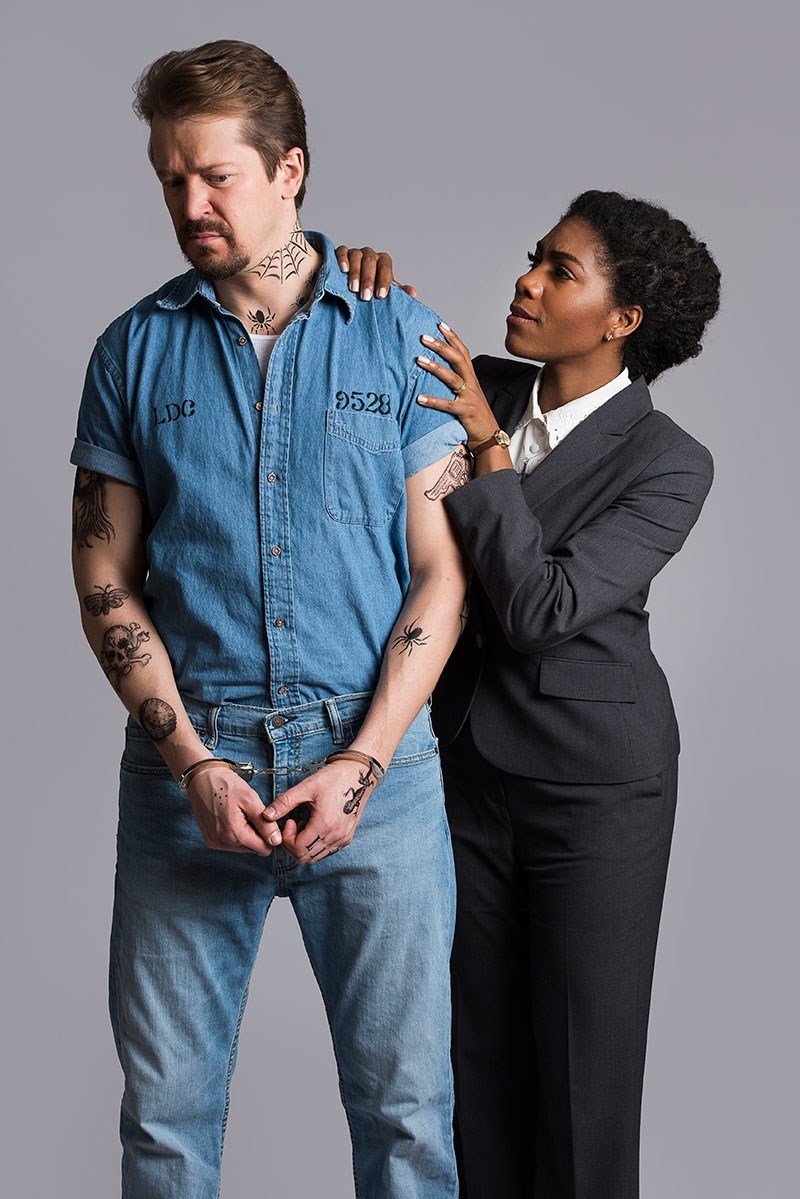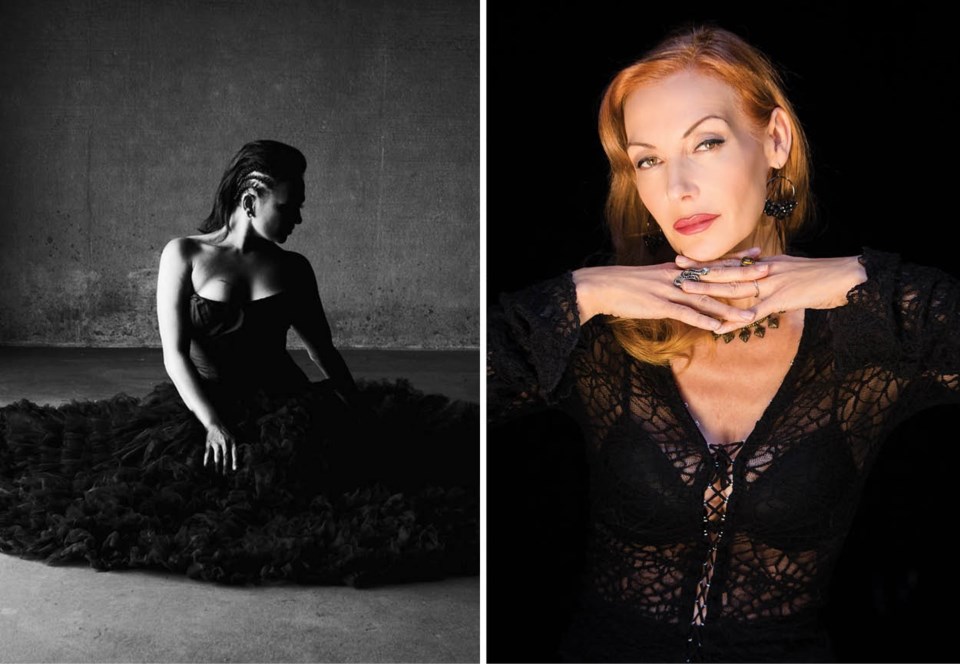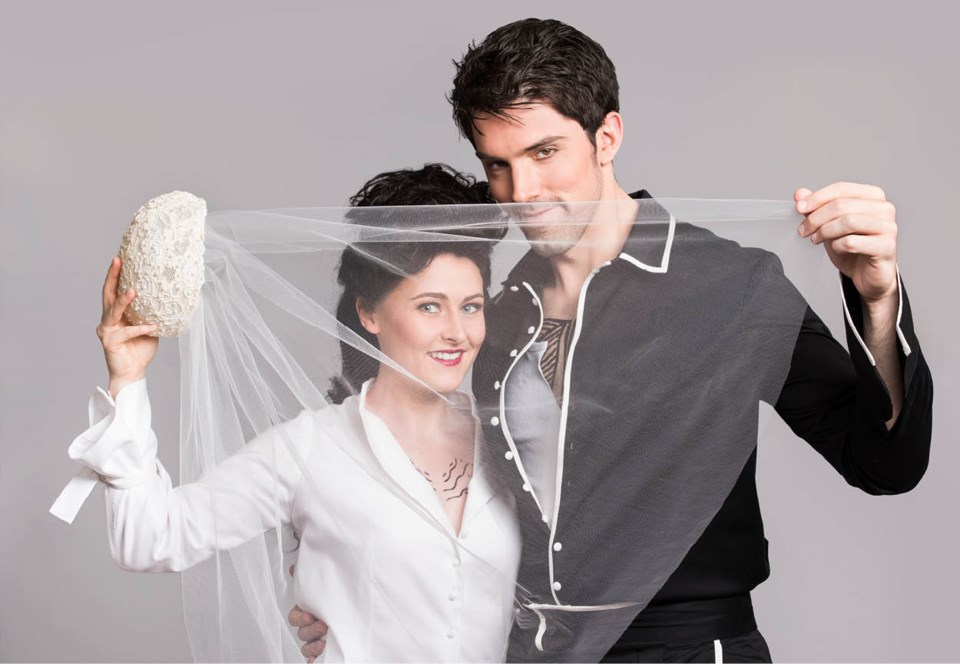Ìý
Patrons of art forms that struggle to reach audiences beyond a core of true believers â whether folk music or independent cinema or experimental theatre â know one of the best ways to attract the attention of the unconverted masses is to mount a festival. Festivals act as guidebooks or instruction manuals for neophytes, gathering numerous potential entry points under a single umbrella. The likes of PuSh and the cityâs jazz and film festivals are perennially successful cases in point.
So, when Â鶹´«Ã½Ó³»Opera was plotting a festival of its own and simultaneously searching for a new general director, Kim Gaynor seemed the perfect candidate. The Ontario-born veteran of arts administration had spent a decade in Switzerland helming the classical-music-oriented Verbier Festival, held in the Swiss Alps. Offering programming that combines legends and unknowns, that variously appeals to aficionados and dabblers, its 22-year history is a case study in how to bring esoteric art out of its bubble and make it, quite literally, âpop.â
Gaynor freely acknowledges that the inaugural Â鶹´«Ã½Ó³»Opera Festival (VOF), happening April 28 to May 13, was more or less fully realized before she came onboard in July of last year. But it fulfills all the criteria her decades of experience have taught her are essential to ensure a prosperous â and people-pleasing â festival.

âFestivals allow you to offer activities and to program in a way that you canât in a regular season,â she says. âThis festival phenomenon â if you want to call it that â broadens audiences, encourages people to take what they consider to be risks in terms of seeing something they might not otherwise see, and generates a kind of excitement about what an organization is doing, its role in the community, and a level of visibility thatâs difficult to achieve outside the festival model. You draw new and different audiences, who then might be regular subscribers of your organization, which is what we hope.â
The adventurousness of which Gaynor speaks is reflected in the VOFâs programming. Although it offers classic operas The Marriage of Figaro and Otello, it also includes concerts from internationally acclaimed Inuk throat singer Tanya Tagaq and German cabaret-style vocalist Ute Lemper, plus the operatic adaptation of Dead Man Walking, originally a non-fiction book and, subsequently, an Oscar-winning film starring Sean Penn and Susan Sarandon.
âWhen the festival programming was first discussed, the idea was to celebrate the voice,â Gaynor explains, âso it wasnât necessarily limiting it to opera. It was also thinking, How can we open the doors wider and invite other kinds of exploration of the voice into what weâre doing?
âI think itâs exciting, because weâve been able to hang some of our extracurricular or educational and community activities around, for example, Tanya Tagaq. We have a throat-singing workshop that the public can participate in, and we also have a discussion about the cultural origins of throat singing and how it evolved, and why itâs still an important cultural activity in the communities where itâs taught and learned. Â鶹´«Ã½Ó³»Opera has always had a push toward social relevance, especially in the educational and community activities weâve done, and this allows us to do that. Itâs tenuous to opera, but itâs central to our raison dâetre.â
And if you happen to be very reluctant to dip your toe into the foreign waters of opera, Gaynor assures that you can still investigate the fest without necessarily setting foot inside a theatre or spending a cent. âThe plaza has been transformed,â she says of the public space outside Queen Elizabeth Theatre. âWeâve commissioned an artist to create furniture that people can lounge on. Visual artist Paul Wong created a huge multimedia installation, on 16-foot-high screens, which people can enjoy for free. Weâve also created an opera bar; weâve partnered with â I wonât say who, because itâs a surprise â a very popular local restaurant chain, who will be running it, and weâve decorated it from our costume and prop shop. Itâs going to be a 360-degree experience. Just come down and hang out!â
-
The Â鶹´«Ã½Ó³»Opera Festival runs Apr. 27-May 18 at various venues. Tickets and info at
Ìý

At a glance: What to see and hear at the Â鶹´«Ã½Ó³»Opera Festival
The Marriage of Figaro
Perhaps the best-known opera of all time, Mozartâs tragicomic creation is, says VO general director Kim Gaynor, the festivalâs âmost accessibleâ attraction. âItâs got humour in it, and itâs with our younger artists, so itâll be fresh.â
Otello
Based on Shakespeareâs Othello, this work by Verdi, featuring a 65-piece orchestra, might well be a once-in-a-lifetime opportunity for some Â鶹´«Ã½Ó³»attendees. âThey may never see it here again, or they might have to wait 30 years,â says Gaynor. âItâs a very difficult opera to produce. It requires incredible singers; itâs one of the most difficult principal roles in the repertoire.â
Dead Man Walking
Sister Helen Prejeanâs acclaimed memoir about her friendship with a death-row murderer was first performed as an opera in 2000 by the San Francisco Opera. Prejean will be at the festival to take part in a free panel discussion titled âEthical Justice in the 21st Century.â
Tanya Tagaq
The enthusiasm of collaborators Björk and the Kronos Quartet brought this Nunavut-born throat singer to international attention. Her 2014 album, Animism, won both a Juno Award and the Polaris Prize.
Ute Lemper
The German-born, New York City-based singer, actress and painterâs music evokes the chanteuse likes of Edith Piaf and Marlene Dietrich, although her vast discography ranges across many genres.



